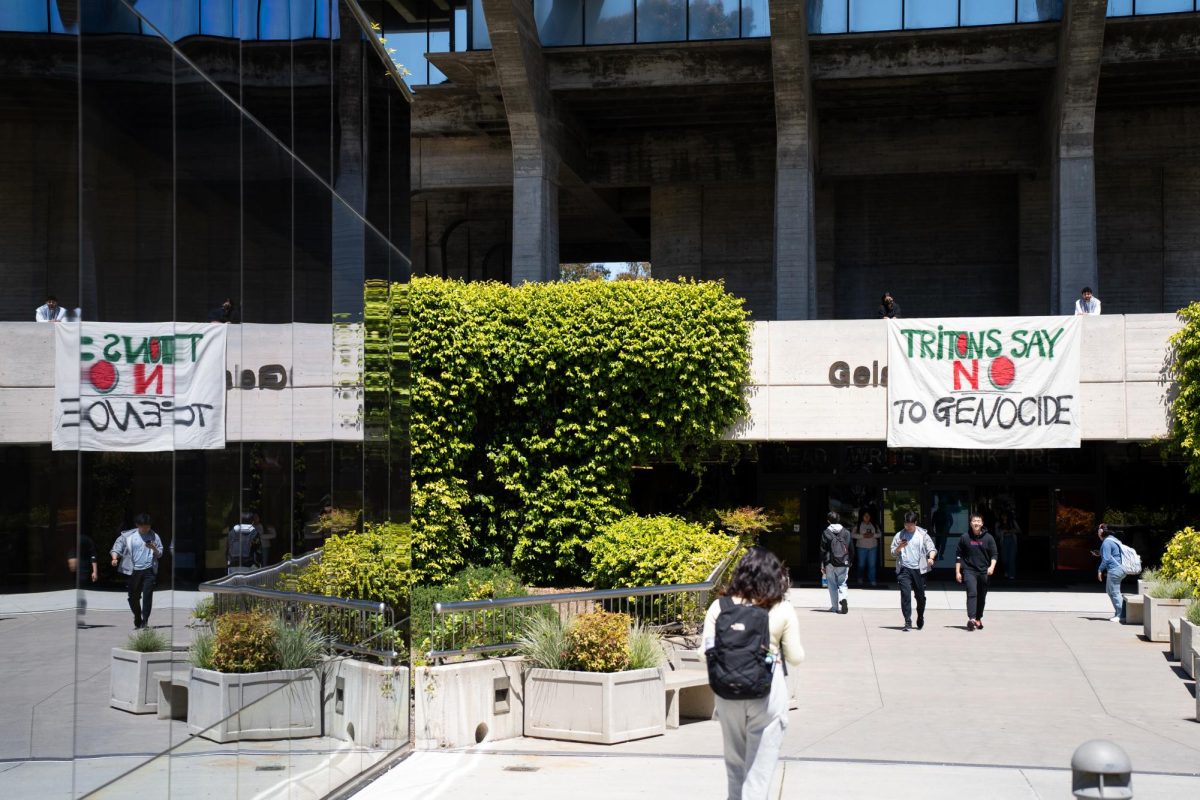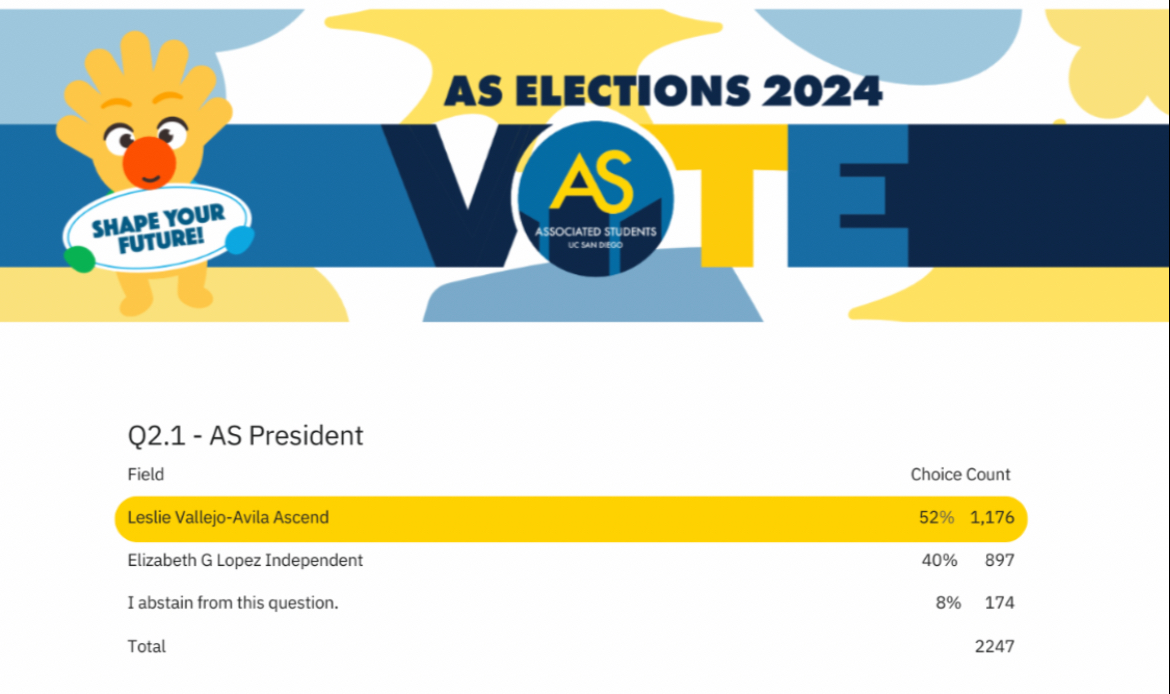UCSD Uses Stimulator to Treat Depression
UCSD Healthcare physicians are looking at a new treatment for depression that uses a device that functions like a pacemaker and is usually used to treat epilepsy.
The device is called the Vagus Nerve Stimulator and will be implanted in 10 to 15 San Diegans who are considered extremely depressed and who have not responded to traditional drug therapy.
According to national mental health organizations, 17 million to 19 million Americans suffer from depression, and an estimated one million to three million are considered treatment resistant.
More than 7,000 patients have used the device since it was approved by the Food and Drug Administration in 1997.
When used in treatment, the stimulator is inserted in the patient’s upper chest during outpatient surgery. Wires run from the device into the parts of the brain that control mood and emotion.
The current study using the device to treat depression will take place at 20 sites throughout the United States.
UCSD will be the only test site in Southern California.
Professors Receive National Science Foundation Award
Physics professors Terence Hwa, Herbert Levine, William Loomis, Jose Onuchic and assistant project scientist Wouter-Jan Rappel received a $2,999,982 National Science Foundation Award for their work, entitled “”Biocomplexity: From Gene Expression to Morphology and Multicellular Organization in Dictyostelium.””
The grant will be in effect from Oct. 1, 2000 to Sept. 30, 2005.
Meeting Will Debate Resurrection of NASA Group
A meeting to discuss re-establishing the Native-American Student Alliance as an active student organization at UCSD will be held Nov. 1 from noon until 2 p.m. at the Cross Cultural Center.
NASA has been dormant on campus since 1996, when its membership dwindled to fewer than four people. UCSD’s Student Organizations and Leadership Office requires that student groups have at least four members to be considered active.
There are currently 120 Native American undergraduates enrolled at UCSD, approximately 1 percent of the undergraduate student body, according to UCSD Admissions and Outreach.
The meeting is intended as a forum for Native Americans on campus to discuss their interest in restarting the group and what NASA’s role and mission as a student group should be.
UC Scientists to Discuss Weeds at Monterey Conference
Prominent University of California, industry and government scientists will address new weed management research on orchards, vineyards, field crops, rangeland, forests, golf courses and urban landscaping at the 53rd annual California Weed Science Society conference to be held in Monterey from Jan. 8-10.
In addition, the conference, titled “”Water, Weeds and You!,”” takes a special look at weeds that invade California lakes, streams, natural and man-made ponds and other waterways.
Troublesome plants found in the water, such as parrotfeather, water hyacinth, Brazilian elodea and giant salvinia, will be covered by speakers representing private industry, California Department of boating and Waterways, U.S. Fish and Wildlife Service, CalTrans and the California Department of Pesticide Regulation.
BreastFest 2000 Begins Weeklong Celebration Monday
Monday marks the beginning of BreastFest 2000, a weeklong celebration featuring events related to women’s issues as part of Breast Cancer Awareness Month.
Monday is “”Estrogen Day.”” Information tables will be set up in the Price Center Plaza from 11 a.m. to 3 p.m.
Outreach for breast cancer education and awareness for the Asian community is on Tuesday, when seven outreach leaders from the UCSD Breast Cancer Center will go to seven different grocery stores.
“”Let’s Talk,”” an open forum for college men and women to talk about the disease, will be held on Wednesday from 6 p.m. to 8 p.m.
“”Girl Talk,”” an open forum for junior high and high school girls and their mothers to talk about the disease, will be held on Thursday from 7 p.m. to 9 p.m.
Participating organizations include the UCSD Women’s Center, the UCSD Breast Cancer Center, UCSD Health Advocates, San Diego’s Women’s Health Advocate, the Susan G. Komen Foundation: San Diego Chapter, Y-ME San Diego and aKDPhi sisters.







